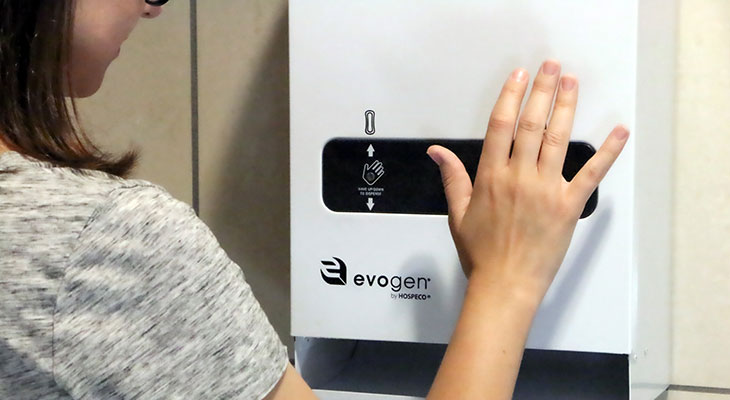
The Importance of Offering Free Feminine Product Dispensers
Morale Obligation and Menstrual Equity
Have you ever heard of Menstrual Equity? If not, don't fret—many are unaware of this term and the moral obligation of providing feminine hygiene products to the public. Basically, Menstrual Equity argues that these traditionally "luxury" items are necessities and must be accessible, affordable, and non-stigmatized for anyone who requires them.
Ideally, these feminine products should be free for all, but this achievement is not always practical. Rather, your moral obligation is to prioritize feminine product equity for the most vulnerable groups, such as low-income individuals, shelter occupants, and students. By eliminating a feminine product paywall and related barriers, individuals can manage their menstrual needs without stress, regardless of location.
Legal Requirement
Menstrual Equity isn't simply a belief—currently, 16 American states (including New York, California, Washington, and Illinois) feature some degree of laws and regulations that enforce schools, businesses, and related organizations to provide individuals with free feminine products. The majority of these 16 states mandate feminine products in all bathrooms for students in grades 6-12, while others only require these items in gender-specific lavatories.
Many of these 16 states also include legislature concerning free feminine product accessibility for adults in all businesses and public buildings. Unfortunately, there are no federal laws or regulations concerning Menstrual Equity. Ensure you research whether your state features rules to ensure you follow the law—if your state doesn't have these standards, consider practicing them for the sake of Menstrual Equity!
Normalized Accessibility
One negative impact of the Pink Tax (a term that describes the social and financial hardships experienced when purchasing feminine hygiene products) is the stigmatization of menstrual cycles and feminine products, especially in schools and among impressionable children. If these items are less available, individuals may feel guilty or embarrassed for simply needing assistance.
Additionally, the other individuals who don't use these products can't see them normalized in a mature and appropriate way, leading to ignorance and a lack of sympathy. Installing tampon vending machines throughout schools can significantly improve how the youth handle and view menstruation.


